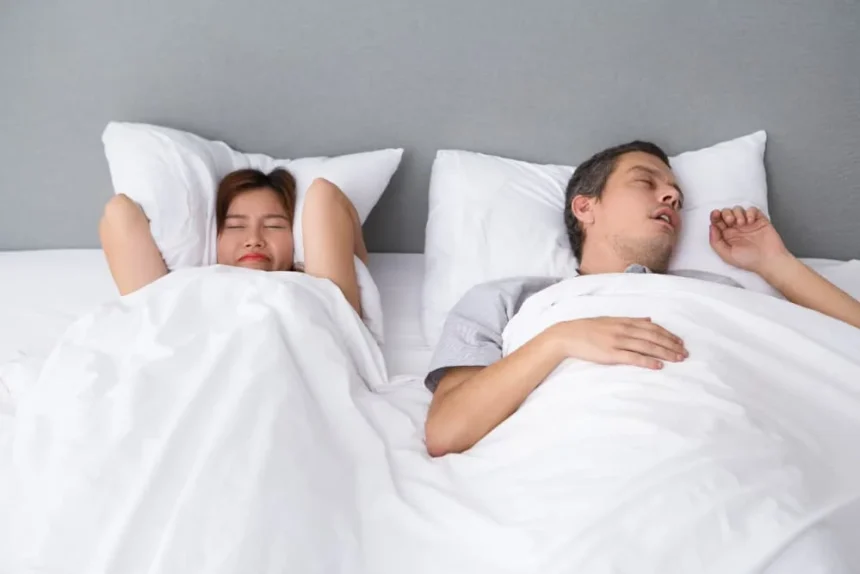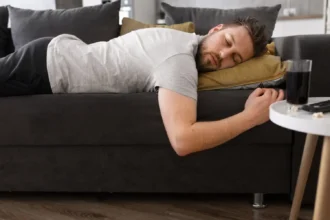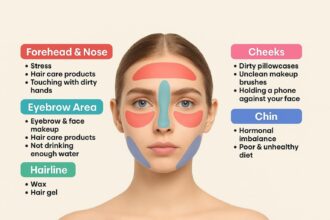Are you struggling with sleepless nights due to snoring? Whether it’s your snoring or your partner’s, the impact on sleep quality can be frustrating.
The good news? Snoring can often be reduced—or even eliminated! In this guide, we’ll explore 11 effective solutions, ranging from simple lifestyle changes to medical treatments, so you can finally enjoy restful, quiet nights.
Why Do People Snore?
Snoring happens when airflow is partially blocked during sleep, causing the tissues in the nose, throat, or mouth to vibrate—which creates that familiar snoring sound. Understanding the root cause of your snoring is the first step in finding the right solution.
Common Causes of Snoring
🔹 Nasal Congestion – Allergies, colds, or a deviated septum can force mouth breathing, leading to louder snoring.
🔹 Sleep Position – Sleeping on your back causes the tongue to fall backward, partially blocking the airway.
🔹 Alcohol & Smoking – Alcohol relaxes throat muscles, while smoking irritates airways, increasing the likelihood of snoring.
🔹 Excess Weight – Extra weight, especially around the neck, can put pressure on the airway, making snoring more common.
🔹 Medications – Certain sedatives and muscle relaxants can worsen snoring by further relaxing throat muscles.
When Should You Be Concerned About Snoring?
In some cases, snoring is more than just a nighttime nuisance—it can be a sign of sleep apnea, a serious sleep disorder where breathing stops and starts repeatedly during sleep.
⚠ Signs to Watch For:
✔ Loud, chronic snoring
✔ Gasping or choking during sleep
✔ Daytime fatigue & difficulty concentrating
✔ Morning headaches
✔ High blood pressure
💡 If you experience these symptoms, consult a healthcare provider to rule out sleep apnea and discuss treatment options.
7 Lifestyle Changes to Help Stop Snoring
Tired of snoring disrupting your sleep? Simple lifestyle changes can make a big difference in reducing—or even eliminating—snoring. Here are seven effective strategies to try for quieter, more restful nights.

1. Adjust Your Sleep Position
Sleeping on your back can worsen snoring by causing your tongue and soft palate to fall backward, partially blocking the airway. Switching to a side-sleeping position can reduce snoring by up to 50%.
Try These Techniques:
✔ Use a body pillow to help maintain a side-sleeping position.
✔ Sew a tennis ball onto the back of your pajama top—this discourages rolling onto your back.
✔ Elevate your head with an extra pillow to keep your airway open.
2. Maintain a Healthy Weight
Excess weight, especially around the neck, puts pressure on the airway, increasing the likelihood of snoring. Even losing 10% of body weight can significantly reduce snoring.
Weight Management Tips:
✔ Eat a balanced diet rich in whole foods, vegetables, and lean proteins.
✔ Incorporate regular exercise, aiming for 30 minutes of physical activity most days.
✔ Seek guidance from a professional if you need a structured plan.
3. Quit Smoking
Smoking irritates nasal and throat tissues, leading to inflammation that makes snoring worse. Quitting not only reduces snoring but also improves overall health.
How to Quit Smoking:
✔ Consult your doctor for nicotine replacement therapies or medications.
✔ Join a support group or use online resources for motivation.
✔ Set a quit date and build a plan to stay smoke-free.
4. Avoid Alcohol Before Bed
Alcohol relaxes throat muscles, making snoring more likely. It can also disrupt your sleep cycle and reduce sleep quality.
Tips to Reduce Alcohol Intake at Night:
✔ Avoid alcohol at least 3 hours before bed to prevent airway relaxation.
✔ Alternate drinks with water to stay hydrated.
✔ Practice mindful drinking by setting limits on alcohol consumption.
5. Treat Allergies & Clear Your Airways
Allergies can cause nasal congestion, making breathing more difficult and increasing snoring. Managing allergies can help keep airways clear.
Allergy Management Tips:
✔ Avoid known allergens like dust, pet dander, or pollen.
✔ Use allergy medications as prescribed by your doctor.
✔ Try a saline nasal rinse to clear nasal passages.
6. Improve Sleep Hygiene
A consistent sleep schedule and a calming bedtime routine can improve sleep quality and reduce snoring.
Better Sleep Habits:
✔ Go to bed & wake up at the same time every day—even on weekends.
✔ Create a relaxing nighttime routine (e.g., reading, warm bath, light stretching).
✔ Optimize your sleep environment: Keep your bedroom dark, quiet, and cool.
✔ Avoid caffeine & heavy meals before bedtime.
7. Use a Humidifier
Dry air can irritate nasal passages, increasing the risk of snoring. A humidifier adds moisture to the air, reducing irritation and promoting easier breathing.
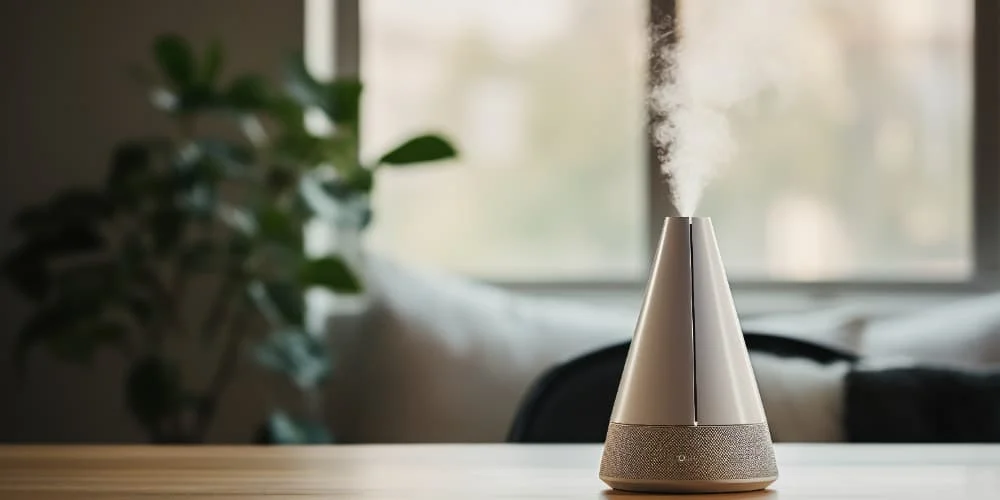
How to Use a Humidifier Safely:
✔ Choose a cool-mist humidifier to prevent overheating.
✔ Clean regularly to avoid mold and bacteria buildup.
✔ Use distilled water to prevent mineral deposits.
Takeaway
By adopting these lifestyle changes, you can significantly reduce or eliminate snoring, leading to better sleep for both you and your partner. Try one or a combination of these methods to find what works best for you!
4 Home Remedies and Quick Fixes for Snoring
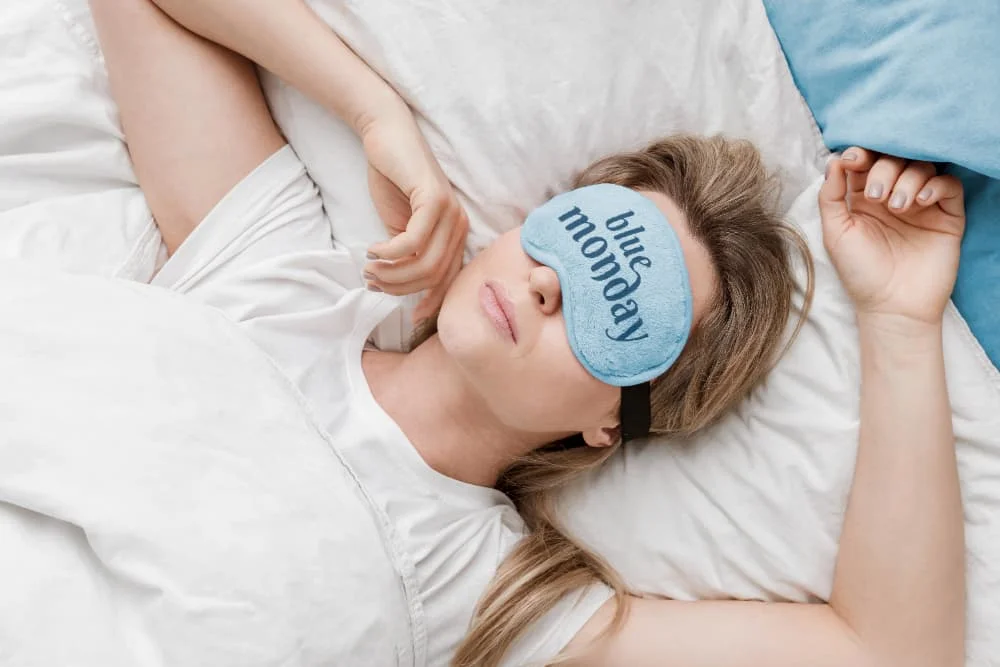
Struggling with snoring that disrupts your sleep? You’re not alone! Fortunately, some simple home remedies can help clear your airways and reduce snoring for a more restful night.
1. Take a Hot Shower Before Bed 🚿
A hot shower before bedtime can help clear nasal congestion, making it easier to breathe while you sleep.
✔ Steam loosens mucus, reducing nasal blockages.
✔ Warmth soothes inflamed airways, improving airflow.
✔ Try adding essential oils like eucalyptus for an extra decongestant boost.
💡 Tip: If you don’t have time for a full shower, try a steam bowl—fill a bowl with hot water, lean over it, and cover your head with a towel while inhaling deeply.
2. Breathe Easier with Essential Oils 🌿
Certain essential oils, like eucalyptus and peppermint, can naturally open up nasal passages and ease snoring.
✔ Add a few drops to a humidifier for overnight relief.
✔ Mix with warm water and inhale the steam before bed.
✔ Apply diluted oil to your chest to keep airways clear while sleeping.
3. Use a Saline Rinse for Clear Airways 🌊
A saline rinse helps flush out mucus and allergens, reducing inflammation that contributes to snoring.
✔ Neti pots & saline sprays remove irritants and improve airflow.
✔ Regular use can reduce snoring intensity by up to 40%.
✔ Helps with allergy-related congestion that worsens snoring.
💡 Tip: Always use sterile or distilled water when rinsing nasal passages to avoid irritation or infection.
4. Keep Nasal Passages Clear Throughout the Night 🛏️
Ensuring unobstructed airflow can significantly reduce snoring:
✔ Use a humidifier to prevent dry nasal passages.
✔ Elevate your head slightly with a supportive pillow.
✔ Stay hydrated—dry airways worsen snoring.
By incorporating these simple remedies into your nighttime routine, you can improve airflow, reduce snoring, and enjoy better sleep.
When Home Remedies Aren’t Enough: Medical Treatments for Snoring
Tried lifestyle changes and home remedies but still struggling with snoring? If it’s affecting your sleep quality or causing daytime fatigue, it might be time to consult a doctor or sleep specialist for medical solutions.
Here are some effective medical treatments they may recommend:
1. CPAP Therapy (Continuous Positive Airway Pressure) 💤
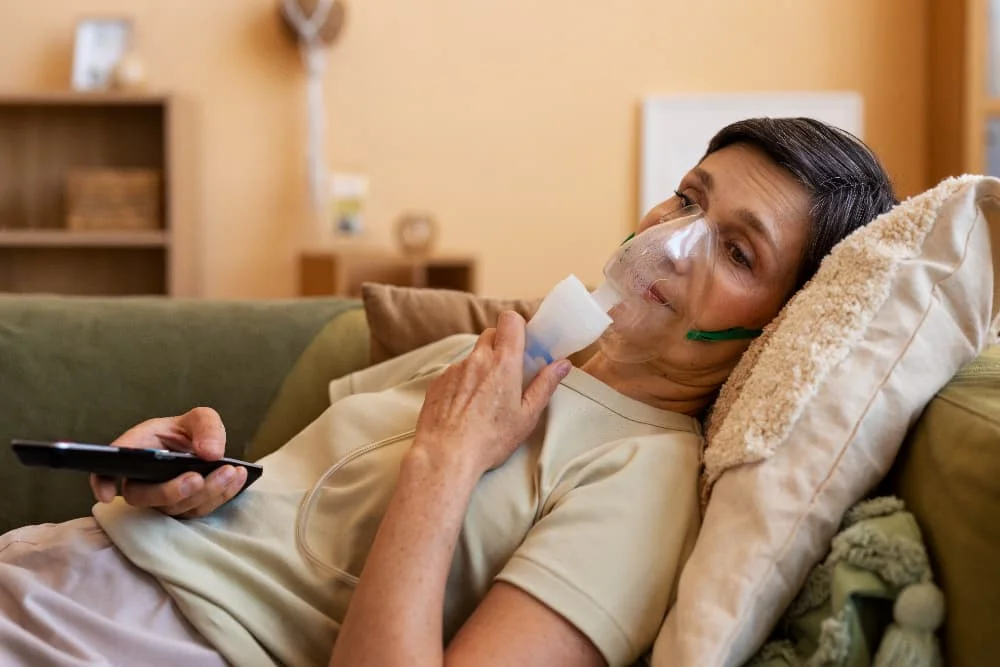
A CPAP machine is commonly used to treat sleep apnea, but it can also help people who snore loudly even if they don’t have the condition.
✔ How it works: A mask delivers a steady stream of air, preventing the airway from collapsing.
✔ Effectiveness: One of the most reliable solutions for severe snoring.
✔ Considerations: Can be expensive and may take time to get used to.
💡 Tip: If a CPAP feels uncomfortable, ask your doctor about alternative settings or mask options for a better fit.
2. Oral Appliances 😬
Mouthguard-like devices designed to reposition the jaw and tongue, keeping the airway open while you sleep.
✔ Comfortable & Non-Invasive: Many people prefer them over CPAP machines.
✔ Custom Fit: Should be fitted by a dentist or sleep specialist to ensure effectiveness.
✔ Good for Mild to Moderate Cases: Ideal for those without severe sleep apnea.
💡 Tip: If an oral appliance feels uncomfortable, adjustments may be needed for a better fit.
3. Surgical Options 🔪
For persistent snoring, surgery might be recommended in specific cases:
✔ Deviated Septum Correction – Straightening the nasal passage for better airflow.
✔ Tonsil or Adenoid Removal – If enlarged tissues are obstructing breathing.
✔ Uvulopalatopharyngoplasty (UPPP) – Removing excess throat tissue to widen the airway.
⚠ Considerations: Surgery is typically a last resort and should only be considered if other treatments have failed.
💡 Tip: Discuss risks and benefits with your doctor before deciding on surgery.
Finding the Right Snoring Solution for You
Since snoring causes vary, the best treatment depends on your specific condition. A sleep specialist can identify the root cause and recommend the most effective approach. Don’t hesitate to seek medical advice if snoring is affecting your health and daily life.
Anti-Snoring Devices and Products 🛏️
Looking for a quick and easy way to reduce snoring? Several anti-snoring devices can help improve airflow and minimize throat vibrations, leading to quieter, more restful nights.
1. Nasal Strips & Dilators 👃
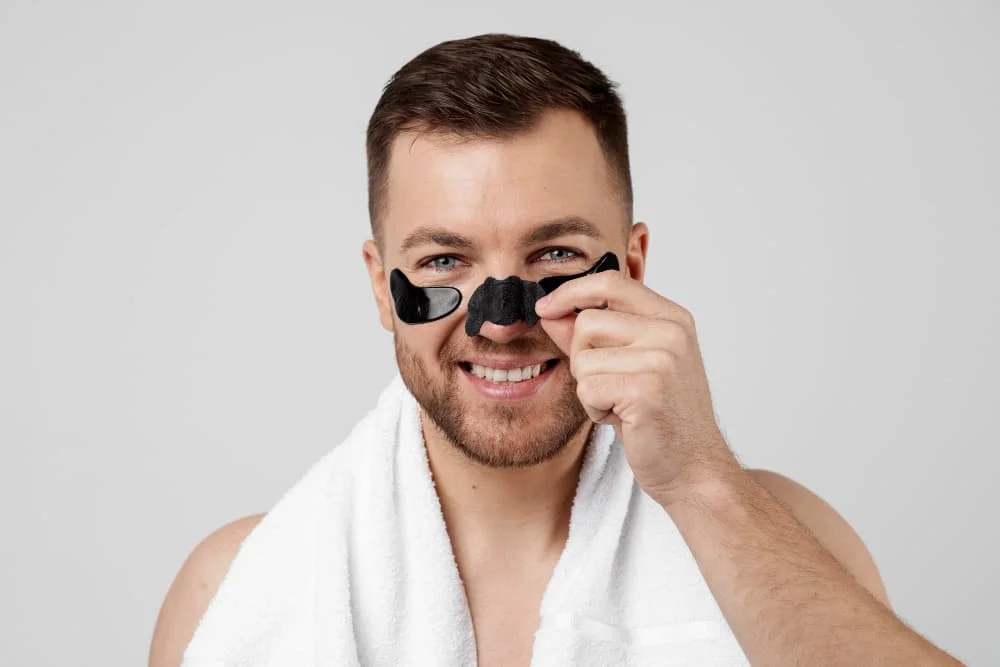
✔ How They Work:
- Nasal strips: Adhesive strips placed across the bridge of the nose, lifting the nasal passages to enhance airflow.
- Nasal dilators: Flexible inserts that sit inside the nostrils, widening them to reduce resistance.
✔ Best For:
- Snoring caused by nasal congestion, allergies, or a deviated septum.
✔ Pros:
✅ Over-the-counter, easy to use
✅ Drug-free, non-invasive
✅ Provides instant airflow improvement
⚠ Considerations: May not work for snoring caused by throat or tongue obstruction.
2. Chin Straps 😴
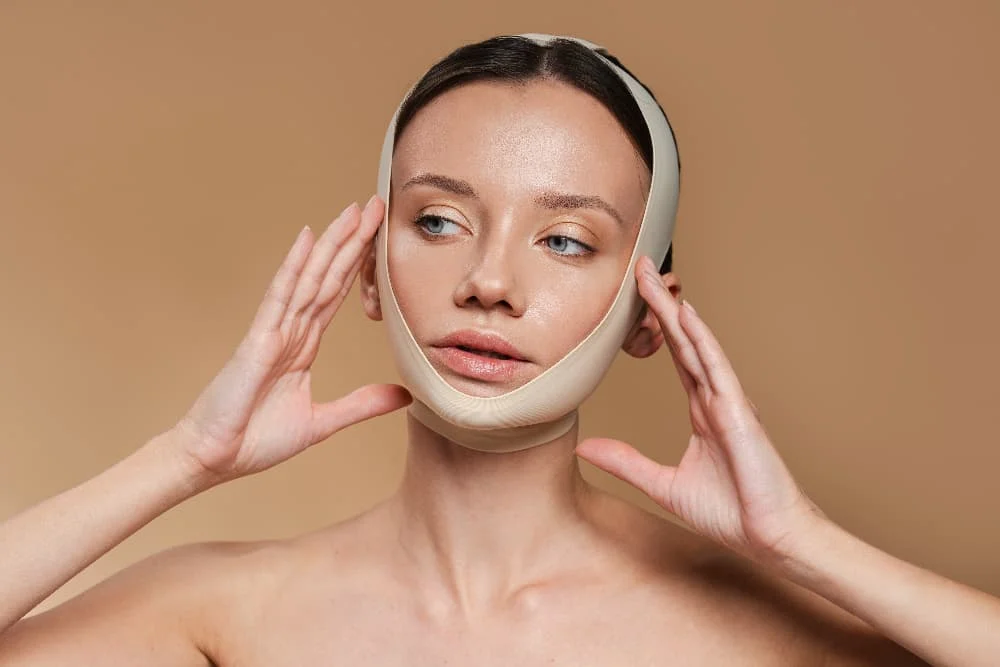
✔ How They Work:
- A soft fabric band that wraps around the head and chin, keeping the mouth closed during sleep.
- Prevents the tongue and throat tissues from relaxing too much, reducing mouth breathing-related snoring.
✔ Best For:
- People who snore due to mouth breathing.
✔ Pros:
✅ Affordable and non-invasive
✅ Helps train you to breathe through the nose
⚠ Considerations: Some may find them uncomfortable or need an adjustment period.
3. Anti-Snoring Pillows 🛌
✔ How They Work:
- Designed to align the head and neck properly, keeping the airway open.
- Some pillows have contoured shapes or memory foam fillings that prevent head tilting, which can block airflow.
✔ Best For:
- Back sleepers who experience positional snoring.
✔ Pros:
✅ Supports proper sleep posture
✅ Comfortable and non-invasive
⚠ Considerations: Not all pillows suit every sleep position—finding the right fit is key.
🔎 Important Note:
While these devices can help reduce snoring, they may not address the underlying cause. If snoring persists despite trying lifestyle changes or anti-snoring products, consulting a healthcare professional is essential for a thorough evaluation.

